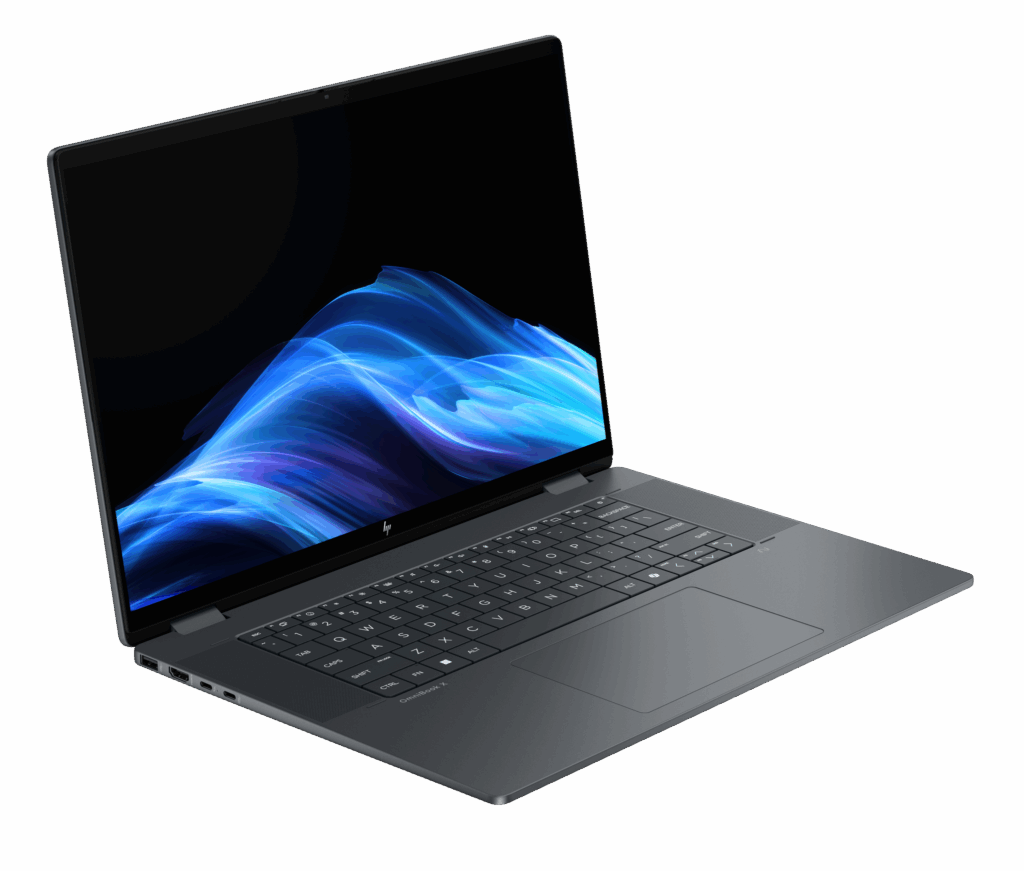I had a lot of hope for the Apple/IBM partnership. That hope was qualified, though, because Apple doesn’t work well with others and has historically not only hated IBM but the IT folks IBM sells to. Cisco also partnered with Apple, but the partnership failed because of Apple’s historic lack of interest. In the end, the companies were not well-matched. Apple is anti-IT, and sells directly to consumers (even in companies, it tends to bypass IT as it doesn’t like to discount, and IT doesn’t like to pay full price at volume).
But what if HP partnered with IBM and Cisco instead of Apple? Let’s explore that this week.
Apple vs. HP
Apple builds attractive products but tends to design products that we refer to as form over function. This means the appearance of the product is more important than its functionality, and if there’s a group of buyers that hates form over function more than IT, I’m unaware of it. Both Cisco and IBM sell to IT. Apple doesn’t collaborate on security and tends to use a strategy we call “security by obscurity” or “trust us; we’ll keep you safe.” In today’s world, we really shouldn’t blindly trust anyone.
In contrast, HP embraces IT and, like IBM and Cisco, prioritizes security to a much higher degree than its peers (including Apple) by creating a company within the company called Wolf Security. And, like IBM, HP has seen the threat of quantum technology well in advance of its peers and is working to mitigate it on the desktop as IBM is working to mitigate it in the data center. IBM and HP security, if combined into a solution, would, in my opinion, result in an unmatched level of defense against hostile actors.
From a financial and operational perspective, Apple is like IBM was prior to IBM’s near collapse in the early 1990s. Apple believes in a lock-in strategy where customers can’t move to competing products. It maximizes margins by sacrificing interoperability and consistency across vendors. In addition, Apple operates as if all profit should go to Apple, which puts its partners in financial distress.
HP believes in interoperability and partners well (I’ve been to HP’s partner events as well as IBM’s). Both companies treat their partners very well. Cisco also works well with partners and would likely find partnering with HP informative as to how to improve Cisco’s own programs. Cisco also has a unique program called CDA (Country Digital Acceleration Program) which HP could learn from as it opens entire countries up to Cisco, making it the firm to beat in emerging markets.
Apple’s unique advantage is its iPhone because smartphones are becoming an even more prevalent endpoint than PCs. But while having a smartphone partner would likely be even more critical to Cisco than to IBM, given Cisco is a network and telephony vendor primarily, Apple really partners poorly with the iPhone, making it unlikely either IBM or Cisco would get any benefit.
HP doesn’t have a smartphone. If IBM and Cisco agreed they needed a partner, Samsung would likely be the best alternative, given Samsung’s focus on security and Blackberry’s step away from smartphones. (I still think there is a market for a secure smartphone).
Wrapping up
Endpoints are becoming more and more important, and both Cisco and IBM rightly saw they were exposed by not having any. However, they picked the wrong partner with Apple, so the efforts appear to have largely died due to a lack of Apple support.
But HP doesn’t overlap with Cisco or IBM. It’s focused on similar markets, is also a multi-national, and HP suffers because, since the break-up with HPE, it lacks data center solutions, which locks it out of mixed bids dominated by Lenovo and Dell. This partnership would close a competitive weakness for HP as well as give Cisco and HP a desktop solution better suited to their IT customer base.
So maybe it is time to recognize that what IBM and Cisco attempted with Apple was a good idea but with the wrong partner and that HP might be the better partner they should have chosen. I believe that partnerships, like marriages, shouldn’t be with partners who are the most attractive but those that will always have your back. Apple is clearly hot, but HP has proven they will be there when it counts. For this kind of partnership, the latter path is clearly the better one.
- The HP OmniBook X Flip 2-in-1 16-Inch: Your New Digital Swiss Army Knife (Now in Glorious Atmospheric Blue) - June 25, 2025
- The Open AI Avalanche: Why AMD’s Collaborative Spirit Is Outmaneuvering NVIDIA’s Empire - June 22, 2025
- Lenovo Embraces OpenBMC: A Step Towards Greater Transparency and Control in the Data Center - June 17, 2025



